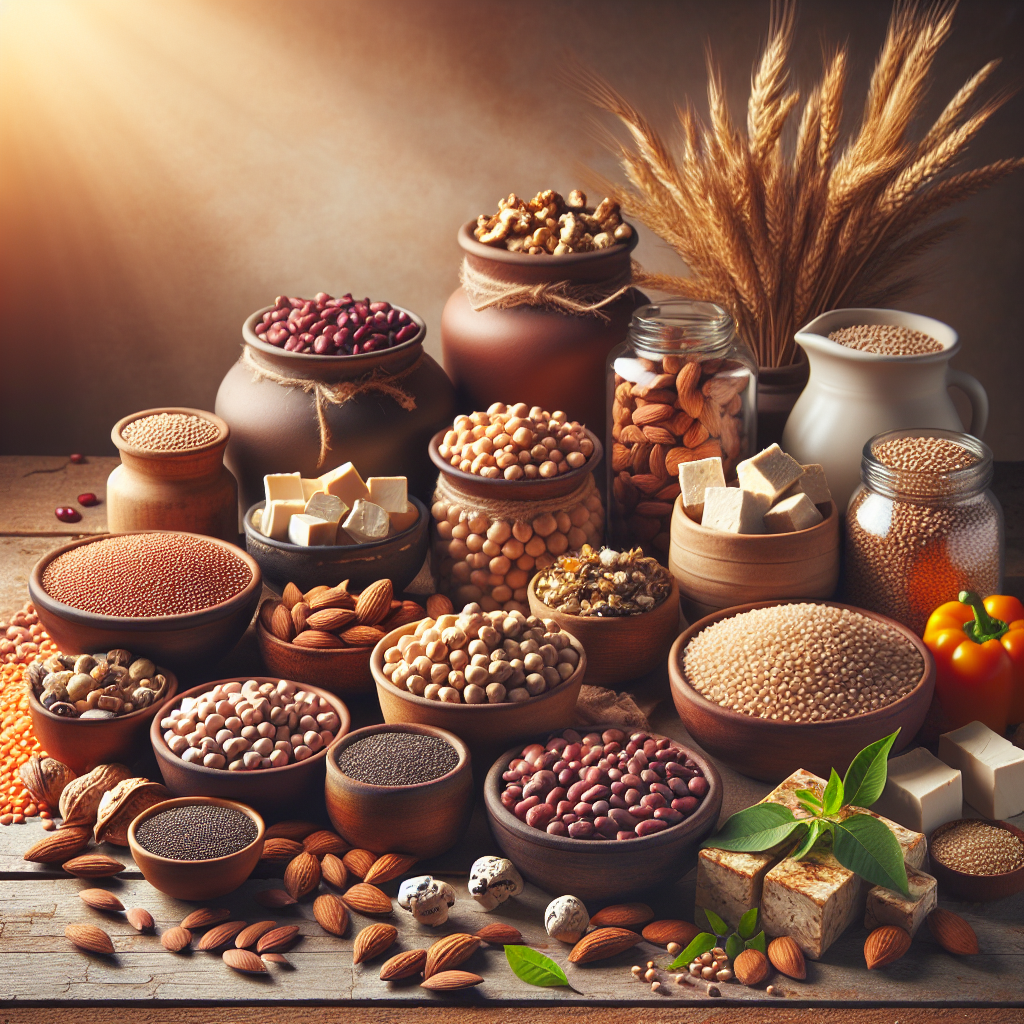One of the most important things to keep in mind when following a vegetarian diet is to make sure you are getting a variety of protein sources. This will ensure that you are getting all the essential amino acids that your body needs to function properly. Here are some of the best vegetarian protein sources to include in your diet:
1. Legumes: Legumes such as beans, lentils, and chickpeas are excellent sources of protein. They are also high in fiber, vitamins, and minerals, making them a great addition to any meal.
2. Nuts and seeds: Nuts and seeds are also rich in protein and healthy fats. Almonds, walnuts, chia seeds, and flaxseeds are all great options to include in your diet.
3. Tofu and tempeh: Tofu and tempeh are both made from soybeans and are versatile vegetarian protein sources. They can be used in a variety of dishes and are an excellent meat alternative.
4. Quinoa: Quinoa is a complete protein, meaning it contains all nine essential amino acids. It is also high in fiber and other nutrients, making it a great choice for vegetarians.
5. Greek yogurt: Greek yogurt is a good source of protein and also contains probiotics, which are beneficial for gut health. Opt for a plain, unsweetened variety to avoid added sugars.
6. Eggs: Eggs are a complete protein and a versatile ingredient that can be used in a variety of dishes. They are also high in vitamins and minerals.
7. Seitan: Seitan, also known as wheat gluten, is a high-protein meat substitute made from wheat protein. It is a great option for vegetarians looking for a meat-like texture.
8. Edamame: Edamame, or young soybeans, are a great source of protein and can be eaten on their own as a snack or added to salads and stir-fries.
It is important to remember that protein needs can vary from person to person depending on factors such as age, gender, activity level, and overall health. Consulting with a nutritionist or dietitian can help you determine your individual protein needs and find the best sources to meet them.
In conclusion, following a vegetarian diet does not have to mean sacrificing protein intake. By including a variety of vegetarian protein sources in your meals, you can easily meet your protein needs while enjoying a healthy and balanced diet. With a little knowledge and creativity, you can create delicious and satisfying meals that are good for you and the planet.

